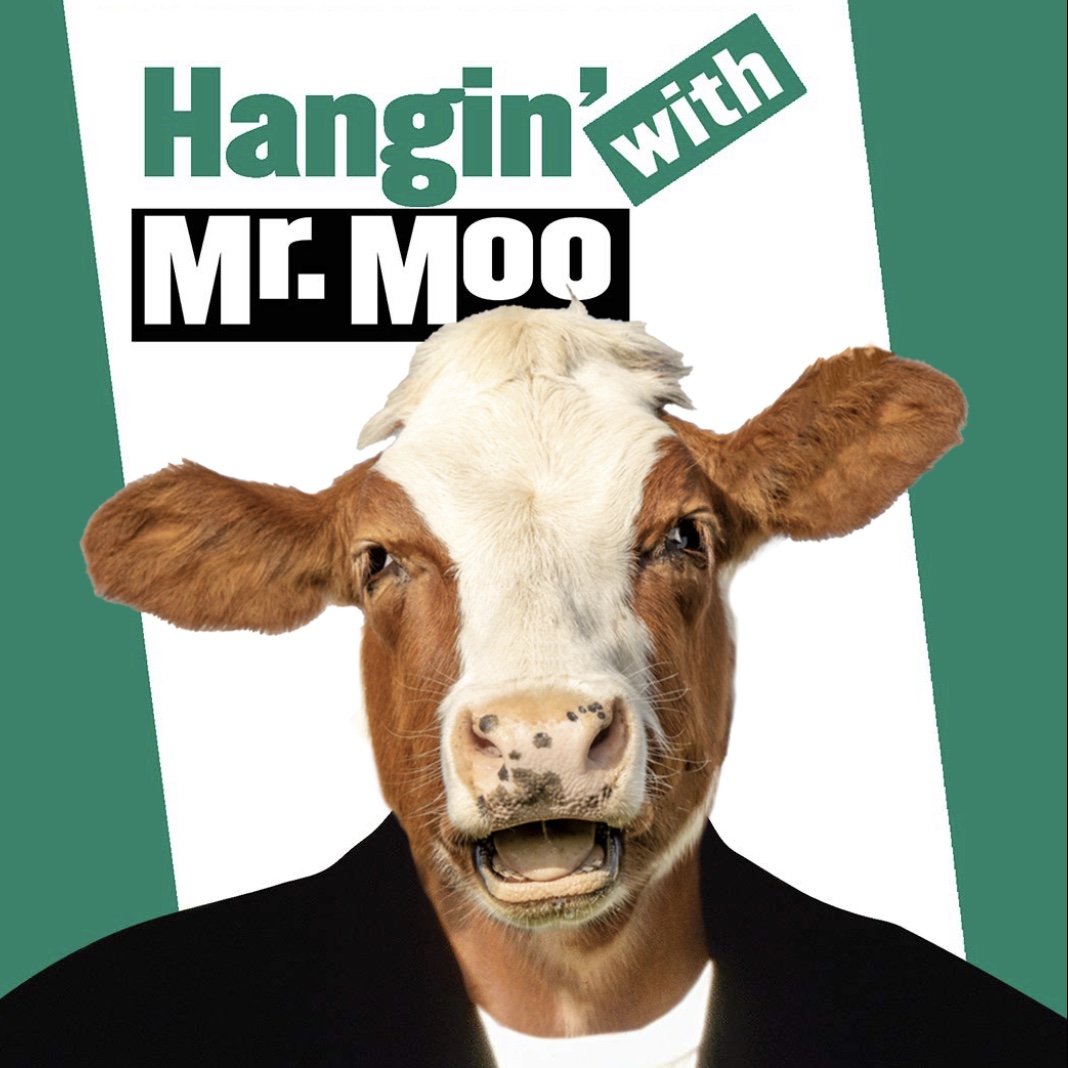Imagine naming a feature “Full Self-Driving,” and yet you can’t take your attention away from the road and must be ready to take over at a moment’s notice.
Without LIDAR, this is a fool’s endeavor.
Do you have lidar on your head? No, yet you’re able to drive with just two cameras on your face. So no lidar isn’t required. Not that driving in a very dynamic world isn’t very difficult for computers to do, it’s not a matter of if, it’s just a matter of time.
Would lidar allow “super human” driving abilities? Like seeing through fog and in every direction in the dark, sure. But it’s not required for the job at hand.
Humans don’t drive on sight alone.
Uhhhh… What the fuck else are the rest of you using?!
This is the best summary I could come up with:
Back in 2016, Tesla CEO Elon Musk stunned the automotive world by announcing that, henceforth, all of his company’s vehicles would be shipped with the hardware necessary for “full self-driving.” You will be able to nap in your car while it drives you to work, he promised.
But while Musk would eventually ship an advanced driver-assist system that he called Full Self-Driving (FSD) beta, the idea that any Tesla owner could catch some z’s while their car whisks them along is, at best, laughable — and at worst, a profoundly fatal error.
Since that 2016 announcement, hundreds of fully driverless cars have rolled out in multiple US cities, and none of them bear the Tesla logo.
His supporters point to the success of Autopilot, and then FSD, as evidence that while his promises may not exactly line up with reality, he is still at the forefront of a societal shift from human-powered vehicles to ones piloted by AI.
You’ll also hear from a former Tesla employee who was fired after posting videos of FSD errors, experts who compare the company’s self-driving efforts to its competitors, and even from the competitors themselves — like Kyle Vogt, CEO of the General Motors-backed Cruise, who is unconvinced that Musk can fulfill his promises without rethinking his entire hardware strategy.
Listen to the latest episode of Land of the Giants: The Tesla Shock Wave, a co-production between The Verge and the Vox Media Podcast Network.
The original article contains 497 words, the summary contains 236 words. Saved 53%. I’m a bot and I’m open source!
I’ve been ranting about this since 2016.
Having consumer trust in developing AI vehicles is hard enough without this asshole’s ego and lies muddying the water.




